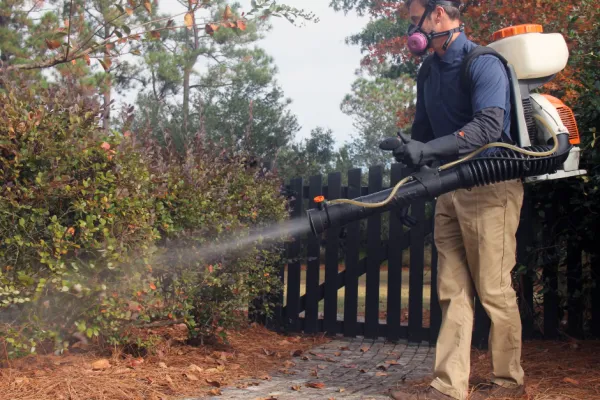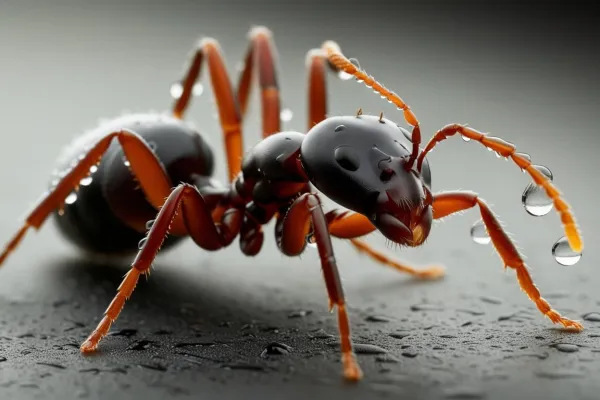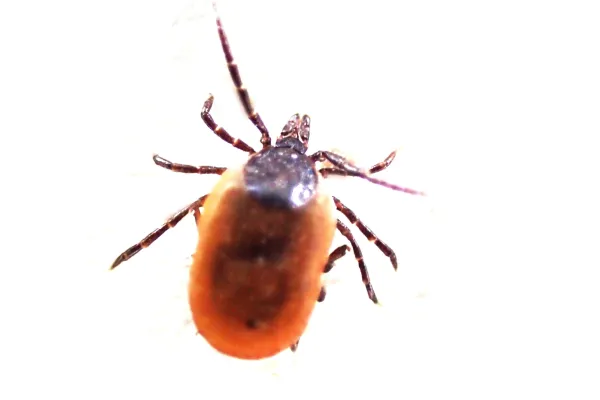Mosquitoes In Ocean & Monmouth County

Mosquitoes in Ocean and Monmouth County: What Residents Need to Know
As spring turns to summer along the Jersey Shore, warm temperatures and rising humidity bring out one of the region's most persistent backyard pests — mosquitoes. While most of us think of them as annoying biters that show up around dusk, mosquitoes are far more than a nuisance. Some species carry serious diseases, and understanding which ones are active in Ocean and Monmouth County can help you protect your home, yard, and family.
New Jersey is home to more than 60 mosquito species, but three are especially common — and important to watch out for — in our coastal region.
1. Culex pipiens (Northern House Mosquito)
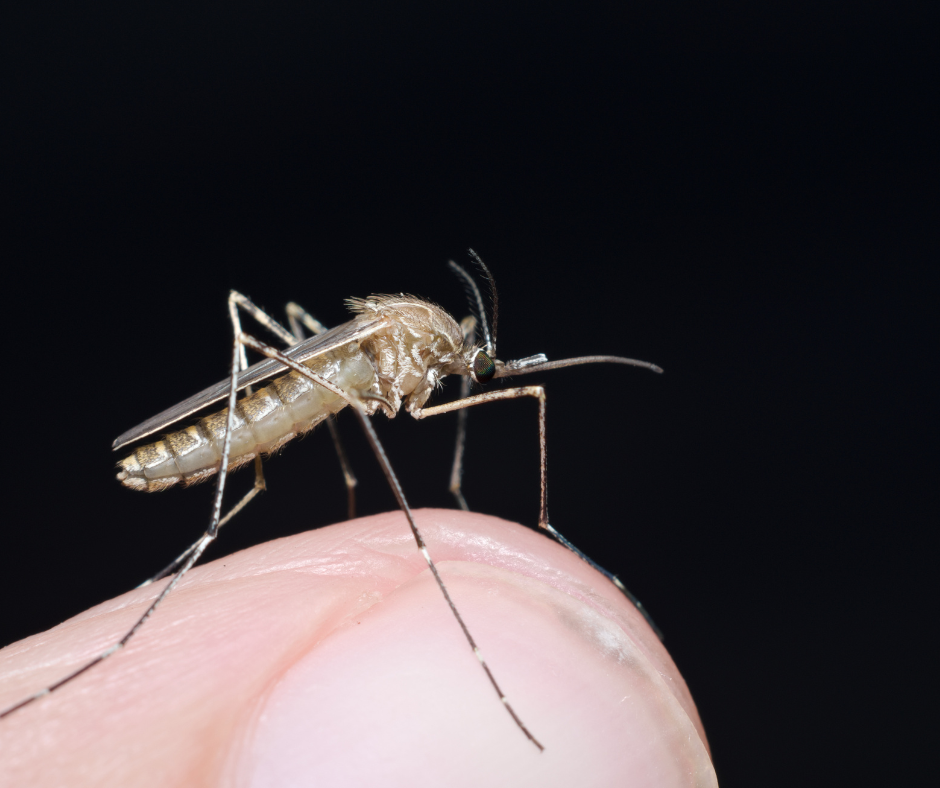
Where you'll find them:
Culex pipiens is the most common mosquito species in New Jersey, especially in suburban and urban neighborhoods. They breed in stagnant, organic-rich water — like storm drains, clogged gutters, dirty birdbaths, or even old flower pots.
Activity:
Active from dusk to dawn
Not aggressive during the day
Mosquito Dangers:
This mosquito is the primary carrier of West Nile virus in the U.S. While they tend to feed on birds, they'll bite humans if bird hosts are unavailable — making them a risk to both wildlife and people. These mosquitoes usually stay within a quarter mile of where they hatch, so local infestations are often due to nearby water sources.
Prevention Tip:
Eliminating dirty, standing water around your home is the most effective way to reduce Culex populations.
2. Aedes albopictus (Asian Tiger Mosquito)
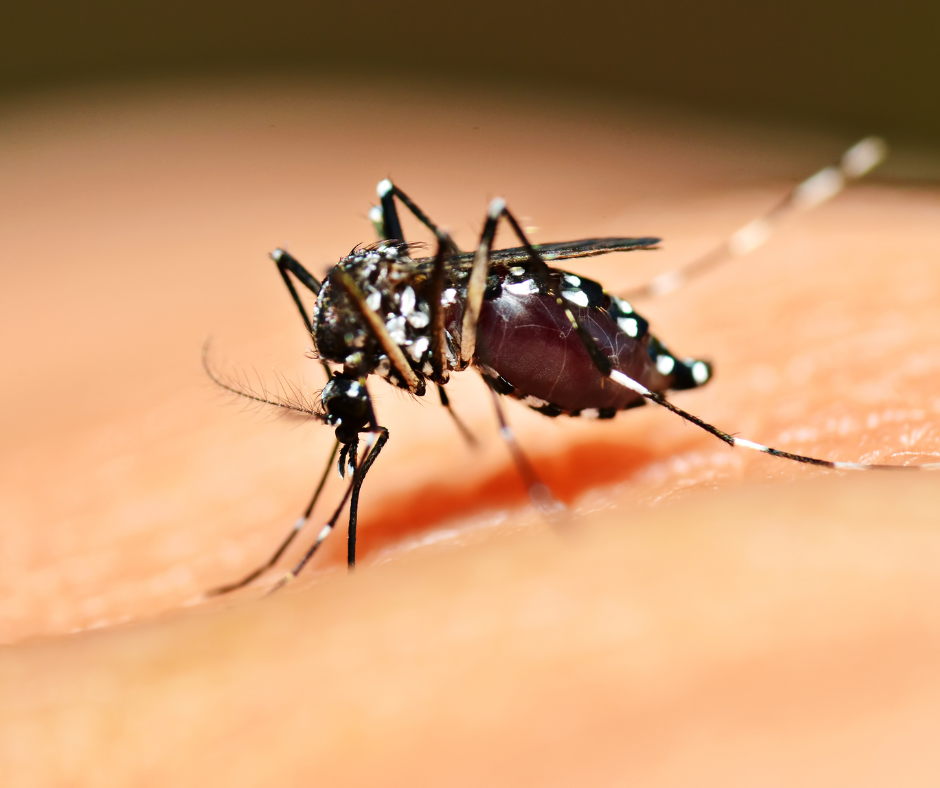
Where you'll find them:
This striking black-and-white mosquito is easily recognized by its white stripes, including one down the center of its back. It prefers clean water in containers, like buckets, pet bowls, and tires — basically, anything that can collect rain.
Activity:
Aggressive daytime biter
Especially active in early morning and late afternoon
Mosquito Dangers:
The Asian tiger mosquito is a potential vector for Zika virus, dengue, and chikungunya. While no local transmission has occurred in New Jersey, its presence raises concern because it prefers biting humans over animals.
Behavior:
Aedes albopictus stays very close to its breeding site, often within 100 to 300 feet. That means if you're getting bitten in your backyard, they're likely breeding on your property.
Notable Fact:
The Asian tiger mosquito was introduced to the U.S. in the 1980s but has spread rapidly across urban and rural areas — including New Jersey.
3. Culex salinarius
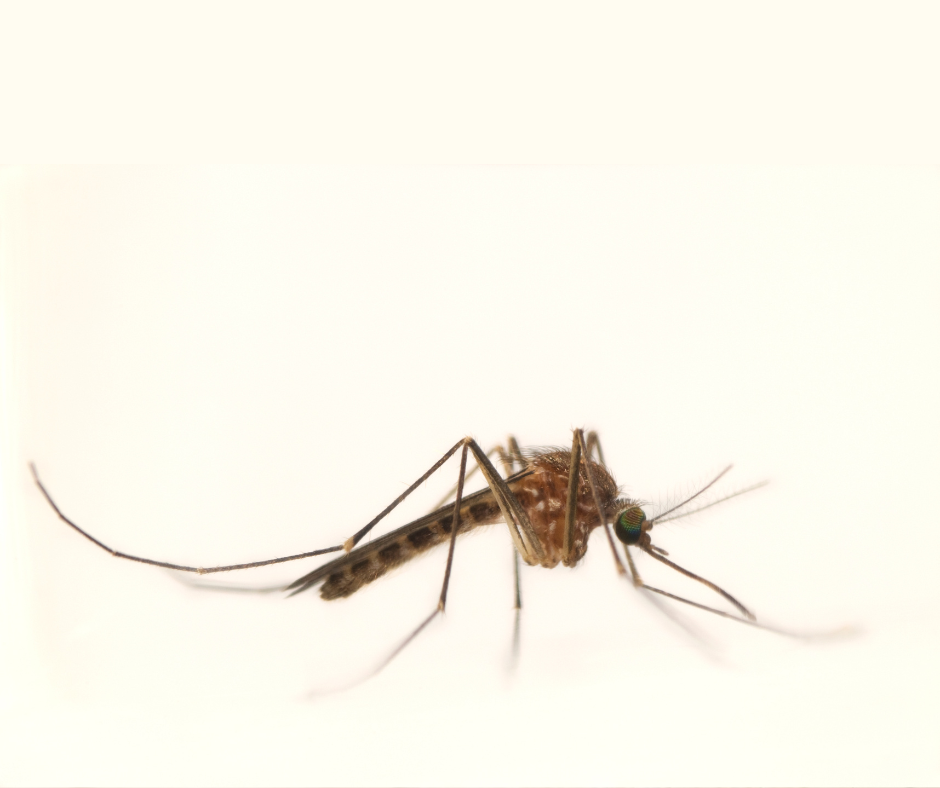
Where you'll find them:
This mosquito is common in salt marshes and coastal areas, but it also breeds in freshwater wetlands and ditches. It's well adapted to Monmouth and Ocean County's coastal towns, especially areas near Point Pleasant, Manasquan, and Barnegat Bay.
Activity:
Active from dusk through the night
More cold-tolerant, so it can appear earlier in spring or stay active later in fall
Why it matters:
Culex salinarius is a known "bridge vector" for West Nile virus — it can bite birds and mammals, helping spread the virus across species. Its longer travel range (up to 5 miles) makes managing it harder.
Notable Challenge:
Because they can travel far from their breeding sites, even clean properties can be visited by Culex salinarius if there's a larger wetland nearby.
So, Which Mosquito Is Bothering You?
If you're getting bitten at night in your yard or near windows, Culex pipiens may be the culprit.
If you can't enjoy your patio during the day due to constant swatting, it's likely Aedes albopictus.
If you live near a marshy or coastal area, especially with lots of vegetation, Culex salinarius might be flying in from a nearby breeding ground.
Mosquito Tips For Homeowners
Here are some steps you can take to reduce mosquito breeding around your property:
Dump all standing water. Even small containers like bottle caps or toys can provide enough water for mosquitoes to breed.
Clean gutters and drains regularly.
Refresh birdbaths and pet water bowls every couple of days.
Use mosquito repellents when outdoors, especially during peak hours.
Install screens on windows and doors to keep mosquitoes outside.
Trim back overgrown vegetation, which can serve as resting areas.
Let Ozane Help You Take Back Your Yard
At Ozane Termite and Pest Control, we specialize in mosquito prevention and control, especially in high-risk areas near the coast. Our expert technicians can identify breeding sites, apply safe and effective treatments, and offer practical advice tailored to your property and lifestyle.
If mosquitoes are keeping you indoors, contact the local mosquito control experts today. We're proud to protect homes across Ocean and Monmouth County — from suburban backyards to coastal communities.

